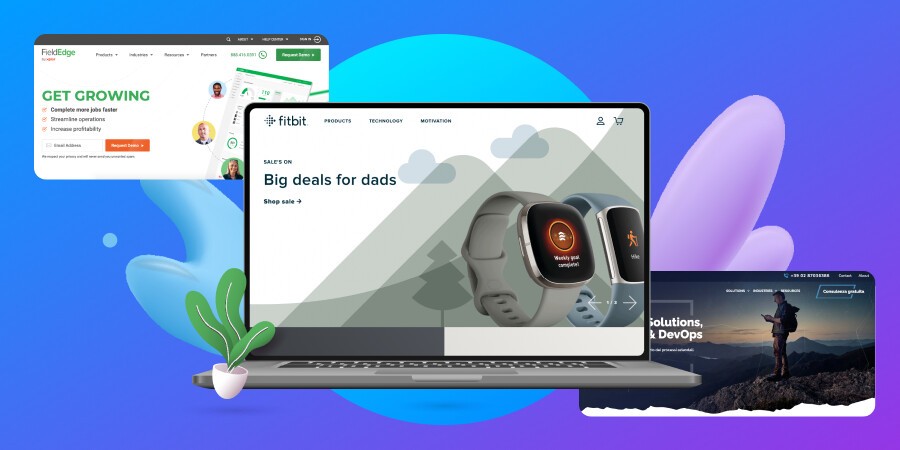- July 25, 2024
How Strategic Breaks Can Help Boost Your Productivity
- September 09, 2022
- in Startups

If you’d like to learn how to boost your productivity so you can get further ahead in all aspects of life, sign up for the free 90-Day Master Class hosted by the founder of Addicted2Success.com, Joel Brown.
We all know the enormous amount of energy, willpower, and discipline it takes to carry a big project to completion. For some, the completion of a big project means long periods of relaxation which may lead to complacency. Certainly, they’re entitled. Yet, for others, they may just want to dive right into their project without relaxing, which may cause burnout and anxiety.
Here I discuss the importance of “strategic breaks” which means breaks that are neither too short nor too long. They are short enough to avoid you having too much to do once you start and long enough to allow you to fully disconnect and re-charge.
Quality, not quantity
You may wonder how long you should relax. To my knowledge, there is no widely accepted number of days to rest, but I suspect that a period of 3 to 6 days should be more than enough to get you recharged. For example, Marissa Mayer told Fortune, “I pace myself by taking a week-long vacation every four months.”
Note that the quality of your breaks should be more important than the quantity. Don’t take any mental baggage with you, enjoy the scarce time you have to the utmost. There are various scientifically-proven benefits of taking breaks, here I will put the emphasis on the four most important upsides of momentarily disconnecting from work.
1. Increase in productivity
Strategic breaks help prevent “decision fatigue.” The prefrontal cortex is actively involved when doing goal-oriented work such as decision-making, logical thinking, and executive functioning.
Sustained attention to a project will put tremendous strain on the prefrontal cortex. Therefore, disengaging for some time will leave you refreshed and thereby increasing your productivity. Sheryl Sandberg is the COO of Facebook and an author, and she argues she is able to juggle between Facebook and writing because she enjoys all her vacation days.
“Do the hard jobs first. The easy jobs will take care of themselves.” – Dale Carnegie
2. Improved mental well-being
Stress has long been one of the most common problems in the workplace with detrimental effects on employees, managers, and organizations at large. Constant concentration could lead to a higher risk of heart disease, anxiety, depression, and obesity. One week away after the completion of an important project could help reset your mood by the release of dopamine, thereby promoting wellbeing and reducing stress and anxiety.
For example, Reed Hastings, Netflix CEO argues that time off hiking could lead to clearer thinking. Time in nature, meditation, or any self-care activity could go a great length to improve your mental well-being.
Do you remember times when you were struggling with a task? You moved away from your desk, then suddenly the solution to your problem came to you as if by magic? This phenomenon can be likened to the completion and transitioning to a new project.
It’s hard for a project manager and employee to develop new ideas or solutions when they are jumping from project to project without strategic breaks. Have you ever asked why companies such as Evernote, Netflix, and LinkedIn, are offering employees either flexible or discretionary paid time off? I’m willing to speculate it’s because they are aware that time away from work will most definitely help get those creative juices flowing.
“The desire to create is one of the deepest yearnings of the human soul.” – Dieter F. Uchtdorf
At the other end of the spectrum are those who instead of relaxing, dive right into their next project after having completed one. This tendency is called procrastination. We procrastinate when we rush too quickly into tasks.
David Rosenbaum, a professor of psychology at the University of California, in her research warns that procrastination could be harmful to productivity. Rushing too quickly into tasks will result in problems that could have easily been prevented with minimal planning. Remember to step back and devote a little time planning and save yourself hours in execution.
The Bottom Line
Congratulations on having completed your big project. Now it’s time to give yourself the break that you deserve. Once you have “recharged,” do take some time planning your next one. If you do so, you can transition from your last project to the next one with the right mindset and the necessary physical strength that will allow you to succeed.





